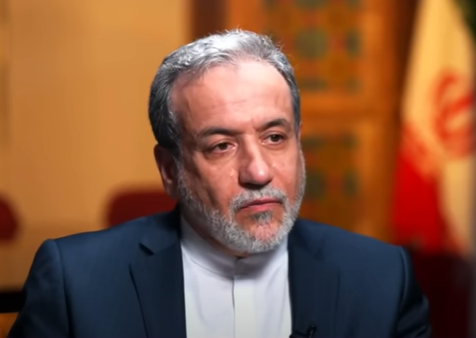Unfolding Chaos: UChicago Expert Warns Global, Domestic Violence Likely to Increase Following U.S.-Iran Strikes
- Natalie Frank
- Jun 24, 2025
- 3 min read
Updated: Jun 26, 2025
As conflict deepens in the Middle East, fears mount over political instability, potential violence on American soil
Natalie C. Frank. Ph.D 6/24/2025

CHICAGO — On the heels of a shaky ceasefire between Iran and Israel that has already been undermined, global tensions are again boiling over. And according to University of Chicago terrorism expert Robert Pape, the aftermath of recent U.S. airstrikes on Iran may ignite more than just foreign unrest. According to Pape, it could set off a dangerous wave of political violence within the United States.
U.S. President Donald Trump, on his way to the NATO summit, didn’t hold back about the ongoing conflict. “We basically have two countries that have been fighting so long and so hard that they don’t know what the f--- they’re doing,” he said, expressing frustration with both Iran and Israel.
But Pape, a political science professor and head of the Chicago Project on Security and Threats, sees things in a much more serious light. He believes that the U.S. attack on Iran’s nuclear sites hasn’t helped American interests and has only made international instability worse.
“We’ve seen a high-risk mission with very little benefit,” Pape stated. “The ceasefire is an effort to dig us out of this hole. Once you start bombing, this is going to provoke a hornet’s nest of conflict.”
Contrary to what the administration claims, specifically that the strikes totally disabled Iran’s nuclear efforts, intel reports tell a different story. A classified Defense Intelligence Agency document, shared by two anonymous sources, shows that, while places like Fordo, Natanz, and Isfahan took a hit, the main infrastructure is still standing.
“A few holes in the ground,” Pape added, “but no evidence whatsoever that we knocked out nuclear material or centrifuges.”
Trump’s claim that the facilities were “completely and fully obliterated," which he asserted along with Israeli Prime Minister Benjamin Netanyahu, is now being challenged. Pape believes Iran probably won’t trust any ceasefire agreements after this.
“It looks like Israel and the United States colluded and perhaps even colluded with Israel’s first strike on the Iranian nuclear program about two weeks ago,” Pape said. “The Israelis and Americans double-crossed the Iranians twice, lied directly to their face and have lost tremendous credibility.”
While everyone’s eyes are on Iran, Pape warns there’s a big threat closer to home, too. With rising political division, harsh rhetoric, and recent violent attacks, he feels the U.S. is heading into a pretty unstable period.
“This is not normal,” Pape emphasized. “You have to go back to the 1960s to remember the chaos of anything like this before. And we’re just getting started with the summer season. We’re just getting started with protests. We’re now really teetering on the brink of some quite serious violence.”
His worries aren’t just talk. Earlier this month, tragedy hit Minnesota when a gunman fatally shot former Democratic House Speaker Melissa Hortman and her husband at their home. Authorities say the same gunman also attacked State Senator John Hoffman and his wife just a few miles away. The suspect, Vance Boelter, was caught after what police called the biggest manhunt in Minnesota history. He might face the death penalty.
All this political violence happening at the same time as international chaos paints a grim picture. Pape says that things are setting the stage for radicalization and extremism, both inside the U.S. and abroad. From bombed-out nuclear sites to violence in suburban neighborhoods, it seems like the cycle of aggression continues. According to Pape, with summer just beginning, the risk of things escalating, whether overseas or right here at home, is high.






